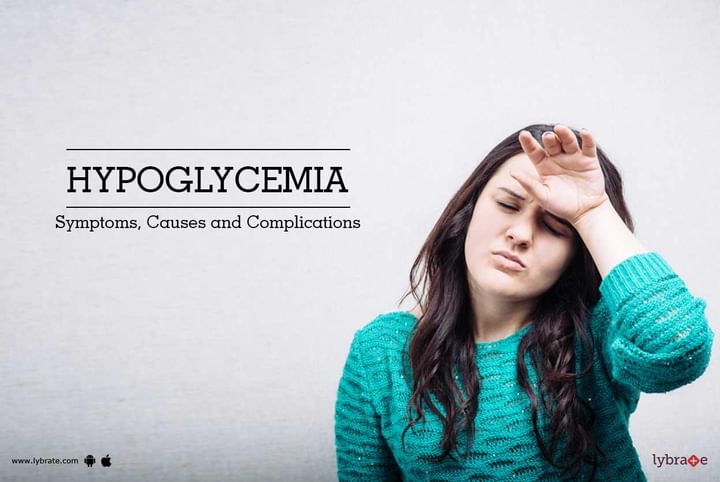HYPOGLYCEMIA - Symptoms, Causes and Complications
Hypoglycemia is a condition that is associated with a lower amount of glucose in the body. Since glucose is the main source of energy in the body, it creates quite a few complications in the body. In a majority of the cases, this condition is associated with diabetes. Hypoglycemia, like fever, is not a disease but a disease indicator. A quick fix to keep hypoglycemia under check is to ensure that a patient intakes high-sugar food. A long-term fix involves a doctor treating a patient for the root cause.
What are the common symptoms?
The body needs a constant supply of glucose to carry out the daily function. In a case of short supply, it presents with the following symptoms:
- Frequent heart palpitations
- Fatigue
- Irritability
- Shakiness
- Pale skin
- Sweating
As the condition worsens, the symptoms can aggravate to the following conditions:
- Frequent seizures b. Inability to complete daily work due to confusion
- Sudden loss of consciousness
- Problems related to vision such as blurred vision
People with an acute hypoglycemia can get a feeling of intoxication at times. Words get slurred while they talk.
What are the causes?
Glucose is one of the many sugar molecules that the body produces when it digests food. Glucose is one such sugar component and is the driver of energy. There are 2 reasons of diabetes. If the pancreas can’t produce enough insulin or the body is incapable of responding to the insulin. This results in a logjam of glucose in the body. To address the problem, intake of insulin is required. Too much of insulin intake can result in hypoglycemia. The latter can also befall if an adequate amount of food is not consumed while going through a medicine course of diabetes. Even too much of working out while consuming diabetic medicine can also result in hypoglycemia.
Other probable causes:
- Alcohol consumption- A regular drinker who eats less runs a heavy risk of suffering from hypoglycemia. This blocks the liver and the latter can refrain from releasing glucose.
- Critical illness- Hypoglycemia may occur from certain critical illnesses such as liver illness, kidney disorder, frequent starvation etc.
- Overproduction of the insulin- A tumour of the pancreas known as the insulinoma causes the body over-produce insulin.
- Hormonal deficiencies- Disorders related to the pituitary gland and adrenal gland runs a serious risk of suffering of hypoglycemia due to hormonal deficiencies.
What are the complications?
Some of the common complications of this conditions include loss of consciousness, seizures and at times even death. Frequent episodes of hypoglycemia can make a person go numb and speechless.
Diagnosis:
A doctor typically asks a patient to go for a fast of 12 hours in a hospital setting and then test the glucose level in the blood. It ensures that the body exhibits the correct symptoms of hypoglycemia. The doctor analyses the blood sample report and decides whether a person has this condition. The last and the final confirmation comes when the symptoms of hypoglycemia go away as soon as the blood sugar levels are increased.
Prevention:
In the case of a diabetic patient, it is necessary to ensure that a constant evaluation of the blood sugar level happens from time to time. Eating and medicine schedules need to be adhered to. Exercise too is important. All this needs to be done in consultation with the doctor.



+1.svg)
